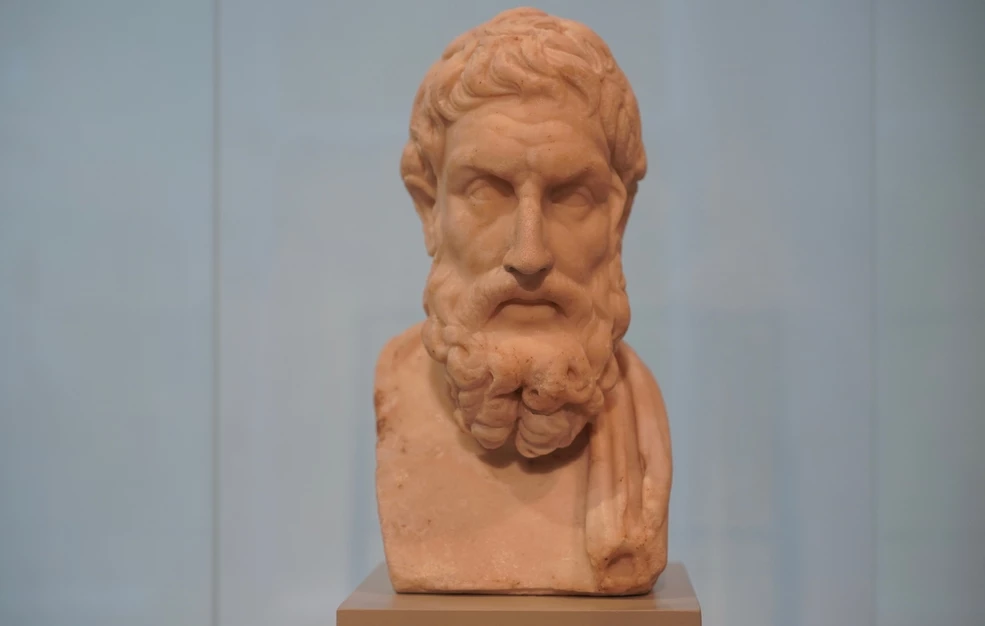February 9th was officially declared International Greek Language Day in 2017.
The date of February 9 was selected because it is also the official commemoration day of the Greek national poet Dionysios Solomos, who wrote the Greek national anthem, titled ”Hymn to Liberty” (Ύμνος εις την Ελευθερίαν).
Related video:
The main aim of the recent initiative was to celebrate the vital, fundamental role played by the Greek language in the shaping of Western civilization throughout the centuries.
This initiative encourages Greek people around the world — as well as anyone else who is intrigued by the Greek language and culture — to learn this most ancient and fascinating of all the Western languages. The day is expected to spark off initiatives to help spread Greek language and culture worldwide.
The Greek Ministry of Education noted that ”it is important to learn and love the Greek language, because of its virtues, but mainly because it has expressed a great culture.” The Ministry goes on to say that the Greek language “shaped and codified the first … layer of vocabulary, and the basic concepts of, Western civilization.
“Over the centuries, its contribution has been decisive as a means of enhancing and spreading Greek culture, and today, it is considered as one of the world’s oldest languages” according to the ministry’s announcement.
Greek language is the foundational language, in scientific terms and usage, of Western science, especially astronomy, mathematics, logic, and philosophy. Countless Greek words enrich other languages, culminating in the international medical terminology in which about 80 percent of the scientific terms have a Greek root.
Ancient Greek literature includes works such as the epic poems of the Iliad and the Odyssey, and such as the Platonic dialogues and the works of Aristotle. The New Testament of the Christian Bible was also written in Koine Greek.Together with the Latin texts and traditions of the Roman world, the study of ancient Greek writings and society constitutes the discipline of Classics.
Together with ancient Latin texts and traditions from the Roman world, the study of ancient Greek writings and society constitutes classical Western learning.
Two remarkable speeches by Professor Xenophon Zolotas, were delivered during the International Bank for Reconstruction and Development (IBRD) conference in 1959 using mainly Greek words to emphasize the wealth of the Greek language.
Keeping that Roman link, it was the Greeks of Italy who were the first to propose an international day for the Greek language. The Athens government eventually adopted the proposal and the plenary session of the Greek parliament unanimously accepted and institutionalized it.
The Greek language is one of the European Union’s official languages, with the Greek alphabet being the second official alphabet of the EU, following the Latin. The Greek language is currently spoken as a first language by approximately 13 to 14 million people in Greece, Cyprus and around the world.









